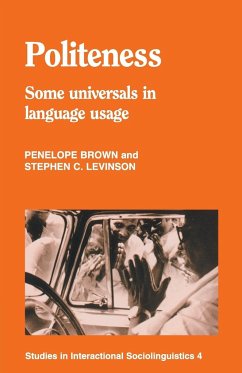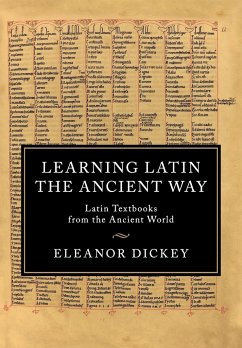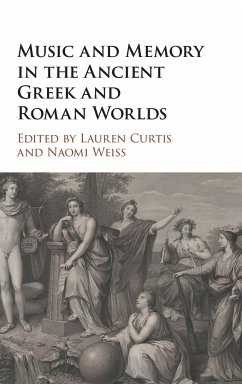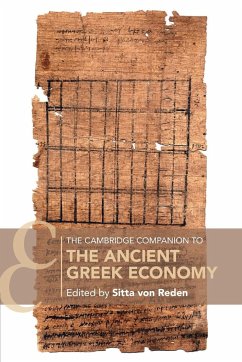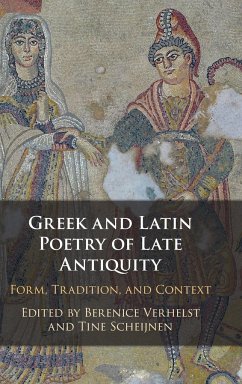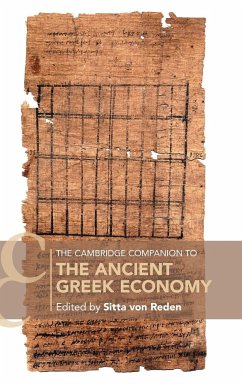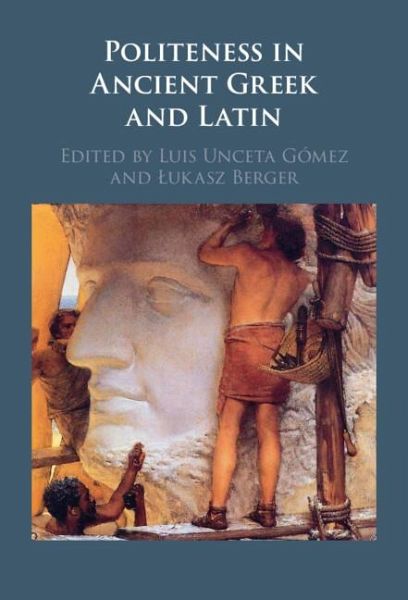
Politeness in Ancient Greek and Latin

PAYBACK Punkte
56 °P sammeln!
The first major study of politeness in Ancient Greece and Rome, introducing the linguistic framework and showcasing a range of methods, topics, and genres. The individual chapters focus on canonical authors as well as on under-studied texts by ancient scholars and court proceedings.





